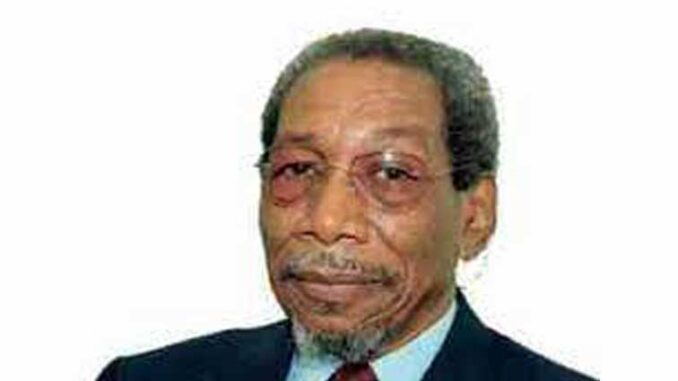
By Sylvester “Nunnie” Robinson
I initially became aware of Mr. Al Calloway when he appeared as a guest on 2 – Minute Warning, a Westside Gazette community podcast hosted by Publisher Bobby R. Henry, Sr. I recall technical issues hindering the execution and effectiveness of the program which demanded a highly successful, subsequent appearance. After the podcast in which he revealed so much firsthand information about the civil rights movement, Stokely Carmichael and SNCC, it became absolutely imperative that I interview him so that his knowledge, experience and expertise could be shared with the South Florida community. As fate would have it, I saw him at the NNPA (National Newspaper Publishers Association) Mid/Winter meeting held at the B Hotel & Resort in Fort Lauderdale. Surprised but pleased to see him, after exchanging pleasantries, we agreed to meet for an interview. Following is a detail account of Mr. Calloway’s introduction to some of the leading civil rights icons and organizations in his on words and experiences.
Once we negotiated entering the parking garage and elevator rides to his apartment overlooking the picturesque Atlantic Ovean, I was drawn to the magnificent artwork combined with a vast book collection suited particularly for a renaissance man, a published author, musician, educator, and unapologetic nationalist for people of African descent worldwide. The civil rights connection was the initial inspiration for this peace, i. e., NAACP, SCLC and SNCC among others, but we first examined his early years growing up in Harlem.
Born in 1937 in Harlem during the height of the depression, Mr. Calloway’s travails mirrored the remarkable times and challenges of the Negro in America.
He begins by speaking of an article that he had written for Esquire Magazine via a publication called Facts on File titled “ An Introduction to Soul,” first published in April of1968. Prior to the April publication, the magazine had hit the newsstand in March of the same year. The article garnered so much attention because the news of the assassin Ion of Dr. Martin Luther King, Jr. was in same publication. Having previously written articles supporting the civil rights movement, a friend/police officer who worked under the command of a Black police lieutenant informed Al that his name was on a FBI list of terror suspects – really activists- targeted for arrest on bogus insurrection charges as a revolutionary threatening democracy, that is, from J. Edgar Hoover’s perspective. Contemplating the possible consequences, for the first time Al became an expatriate, leaving the country and his family behind , including his children who were both in private school, for self-preservation. To provide for his family while remaining under the grid, he had to work under the table, receiving cash payments only to avoid being discovered, captured and repatriated, followed by imprisonment. According to Mr. Calloway, this wasn’t the first time his freedom had been seriously threatened or in jeopardy.
More on that later…. ”l didn’t attend college until I was 23 years old,” he admitted. Married with 2 children, he stated that he worked hard everyday, including weekends as a musician, to provide for his family. The next harbinger of government abuse of Black men revolved around so many young Black men, married with children or not, being classified as 1-A, which meant being eligible to be drafted and deployed. While many young men accepted their status as a financial benefit to families, Mr. Calloway was cut from a different cloth, compelling him to question his status. To prove that he indeed was married with children necessitated completing and submitting forms, an affidavit if you will, needless requirements to make the process more difficult and intimidating. His draft status was changed, but he knew he had to get out of town. Having worked with ministers in the area, he told them that they had to help him get out of this volatile environment. After much consideration, they knew of chaplain, a major presently serving in the army reserve, who was the president of Morristown Junior College in Morristown, Tennessee. To his advantage the school needed a point guard, a position that Mr. Calloway excelled at. In a very short span of time, he was a 23-year old freshman point guard at a junior college in Tennessee, a far cry from Harlem and the FBI.
Next week: Networking and Activism


Be the first to comment